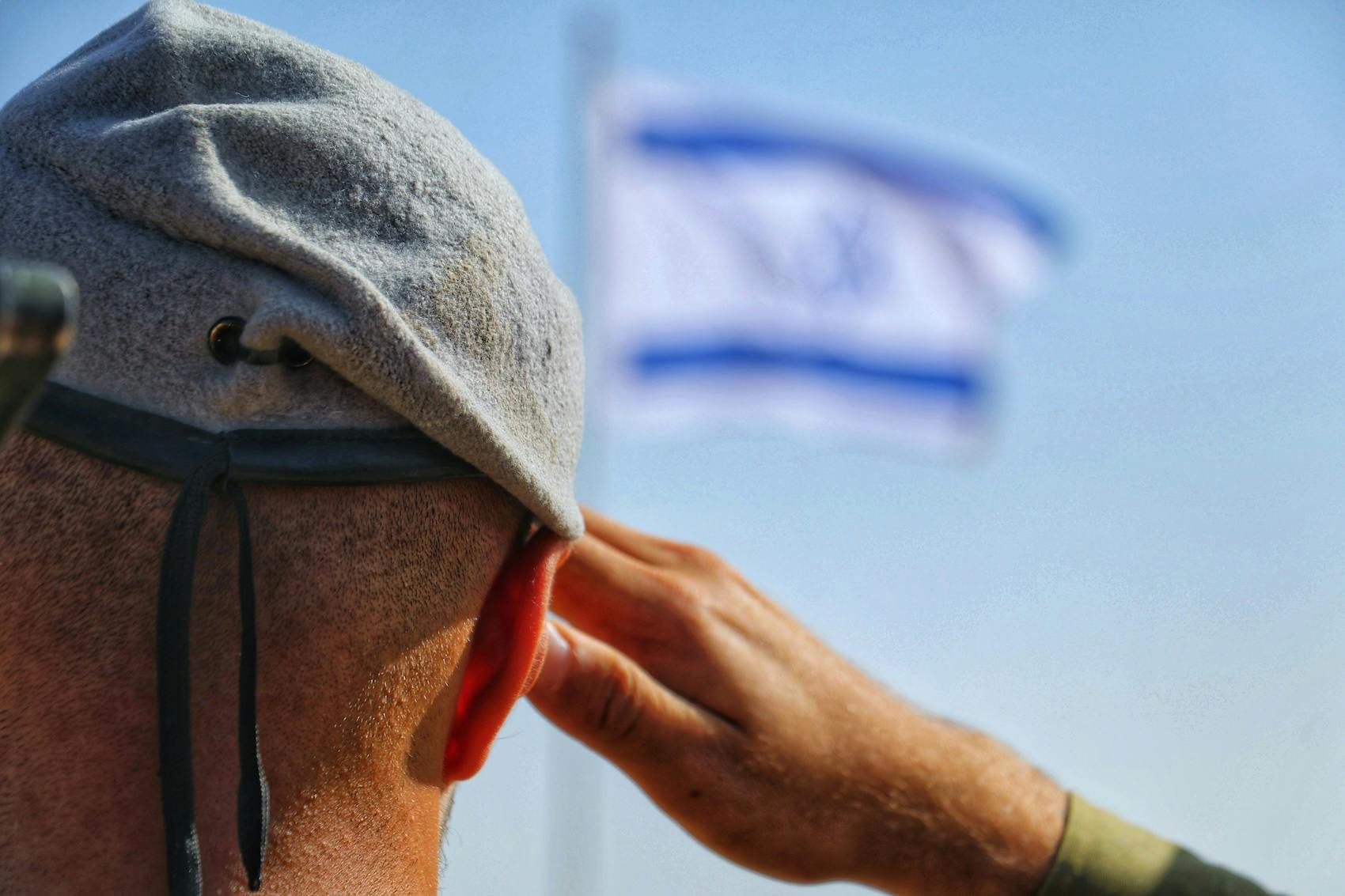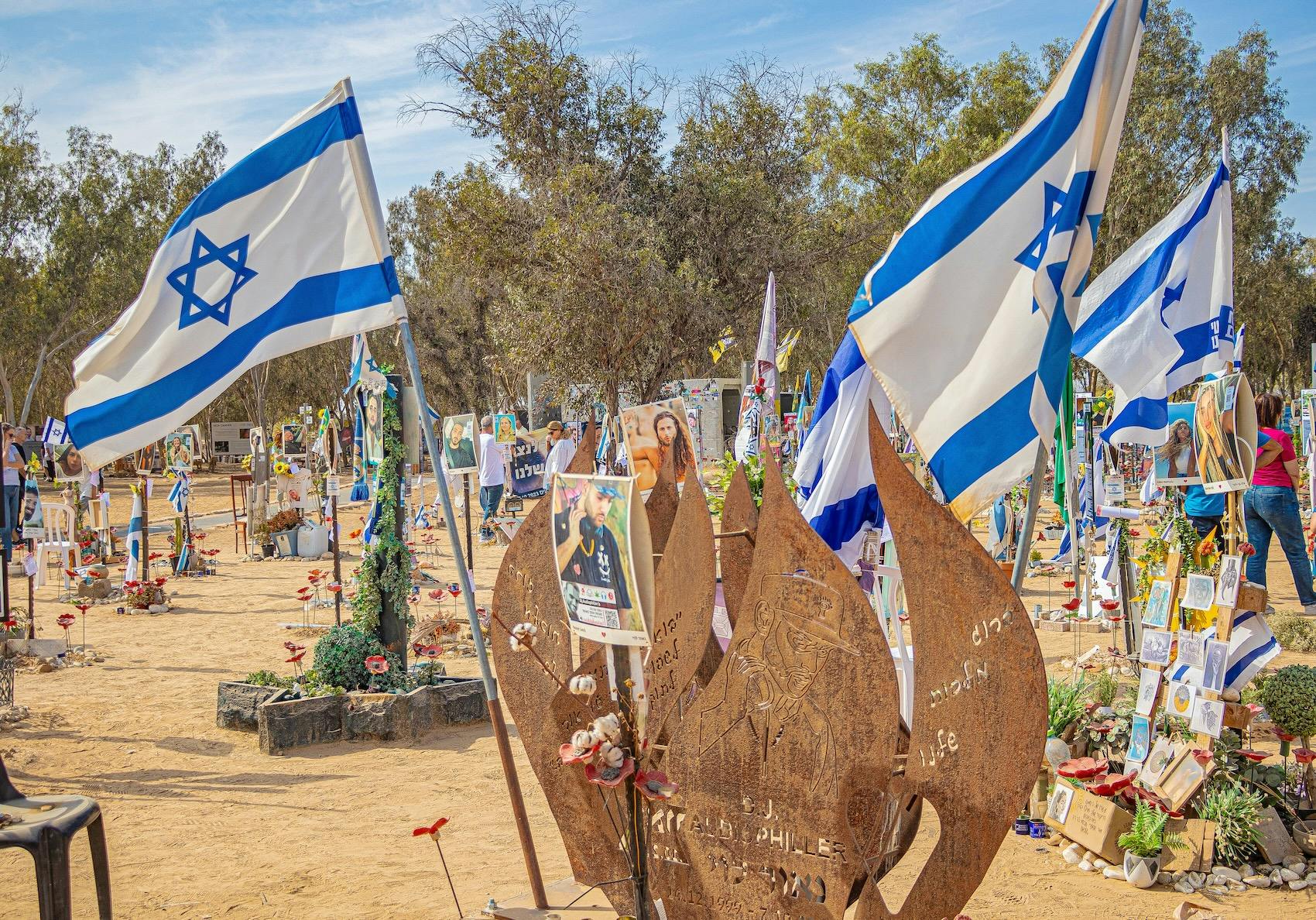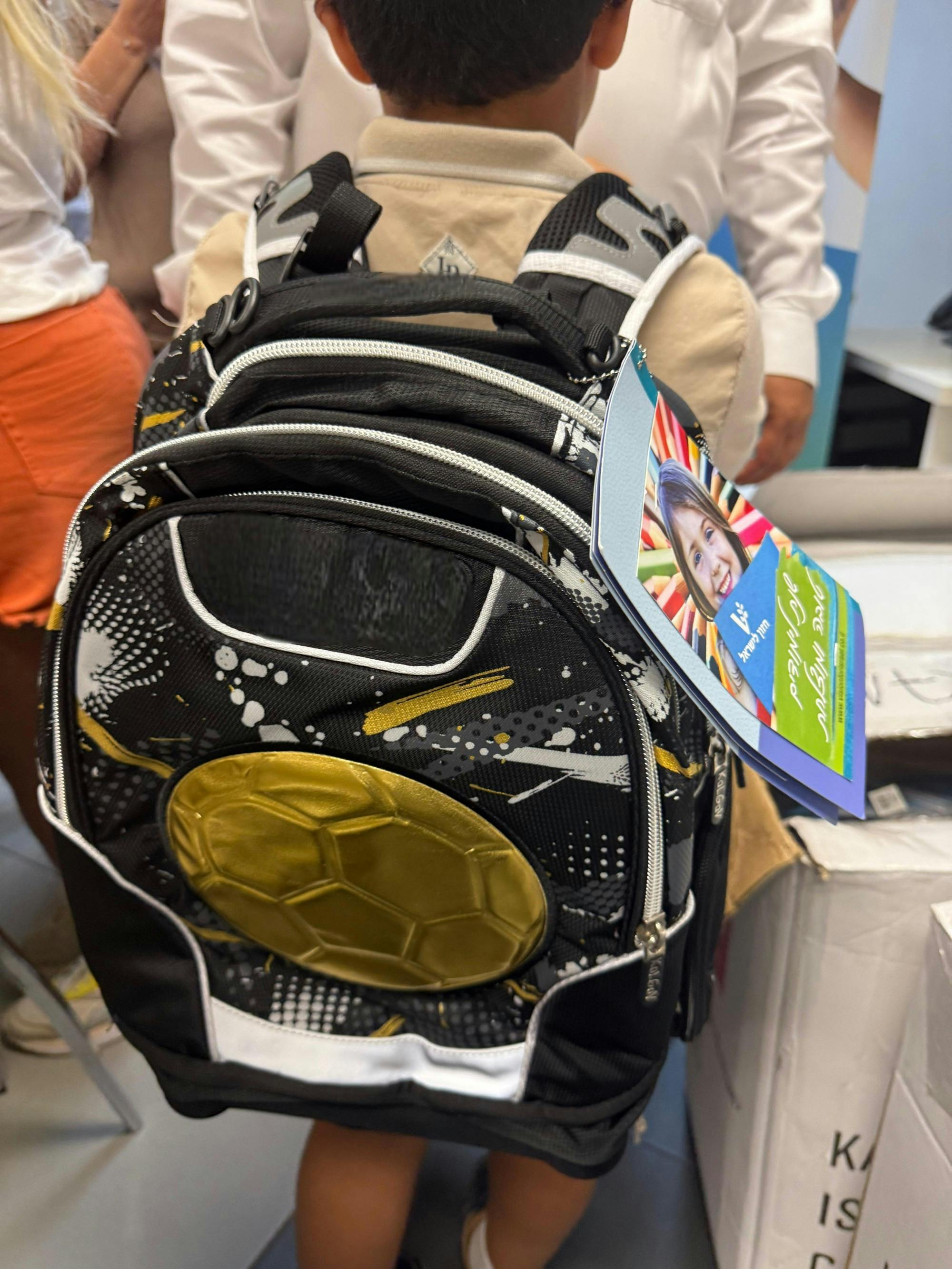From a Victim to Victory - A Holocaust Survivor Story
Friday, January 13, 2023
We are privileged when we have the rare opportunity to sit with Holocaust survivors, listen to their heroic stories, and learn from their bravery.
We recently met Frieda*, born in 1935 in Lithuania, whose wisdom and hope were integral to her inspiring testimony.
Frieda grew up in Lithuania in a well-off family - her father was a prosperous businessman in textile and had contacts worldwide.
The political and social climate was tense and came to a boiling point. Even before the Germans invaded Lithuania in 1941, the Lithuanians began murdering Jews, 'cleaning out' the Jews from 150 villages, calling them 'Judenfrei' villages, meaning free of Jews.
They would murder the Jews in incredibly cruel and public manners, decapitating a Rabbi and displaying his head in a window, herding Jews into a synagogue and setting it on fire, or waterboarding them to death on the streets as onlookers smiled cruelly.
When Frieda was about five years old, the Jews in were forced to pin the yellow star badge with the word 'Jew' to identify as Jewish citizens and a symbol of mockery.
It was against the law for Jews to leave their house without them. One day as Frieda’s grandmother stood in line to get bread, she forgot to wear her yellow star. Her neighbor denounced her, and her grandmother was taken and never seen again.
As the Germans invaded, Jews were taken to ghettos and forced labor camps. As Frieda told her impossible yet unfortunately true story, we held our breath and took in every word as she described the early days of the war as 'horrific':
"We only took a few possessions; I remember my mother trying to take a huge ficus plant; she didn't know what was happening. My grandfather, who was well off and prosperous, was taken first so that his apartment could be plundered; I was told later that he was humiliated and tortured before being killed".
Once Frieda and her family arrived at the ghetto, they realized no one would ever make it out alive. The German guards would round up the people to see who was useful and who wasn't - the elderly and children were dispensable. Somehow, miraculously, Rosian Frieda and her parents were spared.
Time was not on their side, as they knew they would not survive unless they were to find a way to escape, as Frieda recalls:
"My parents timed the guards with their dogs and their searchlights and attempted to dig a hole under the barbwire to see if they could help me escape; each time they did - they risked their lives. It was a tedious procedure because it was only a matter of minutes between the changing of the guards.
They dug a hole big enough for me as a 5-1/2 to 6-year-old to pass through. They pushed me through, and on the other side was my father's secretary, that was waiting for me in the shadows. She took me across the river bridge to her apartment.
I was crying so much because I didn't understand what was happening, and she couldn't keep me because I was endangering her life".
Fortunately, the selfless and life-risking act of her father's secretary saved her life as she found a new place for her to live in a place where a group of journalists would meet. Natasha, a journalist and Frieda's mother's best friend transferred her to her sister, who had a farm in the countryside.
At the farm, Frieda was always on the run and constantly at risk of being discovered when people's suspicion arose, attempting always to blend in and make herself invisible.
Like many brave gentiles today, called 'righteous among the nations', the woman covered up Frieda's identity by lying, saying that it was her sister's illegitimate child whom she had taken under her roof.
Amongst the unimaginable pain of being separated from her family, these women were like mothers to Frieda, so much so that she even called them 'mother'.
Miraculously, Frieda’s mother was with her at the end of the war when Soviet troops liberated them in 1944.
Although the war was over and her mother and father survived, the trauma of those horror-stricken years haunted her:
"The fear was always there; there were Germans coming by and searching, and I couldn't understand why they were trying to kill me since I always tried to be a good girl. I was a target for murder; this trauma stays with me to this day, the fear and trust issues."
For many survivors, the pain is too difficult to speak of ever again; for Frieda, her story is an opportunity to speak out against racism and challenge Holocaust deniers:
"People seem to have their own agenda for denial and distortion because it is too difficult for them to comprehend there were miles and miles of corpses. It's like thinking about eternity or infinity - it's too great for some people. For some people, antisemitism, being anti-Israel, is the way to express themselves and fits their personal agenda and their political views".
If it (the Holocaust) hadn't happened and it wouldn't have sat on the world's conscience for several years after it happened, and if the records weren't there that the Germans kept themselves, it would have been much easier for them to bury them (evidence of the Holocaust).
It's like Niccolò Machiavelli said:
"You repeat a lie often enough that it can become a reality," and that's the danger because when you live alone and don't see the truth, you yourself become contaminated. And we have to fight (Holocaust denial) that with all our might.
If the new generations can see that there is a way out, that we can create a better world, and put our heart, soul, and spirit in that path, then they see will see the light and share it with their families and friends. This can go on for generations and generations, just as we Jews have.
I am here to tell this story. This is the continuity of Jews, and it will never stop, and Hitler lost'. She added with a victorious smile.
Frieda and her family are living proof of the hope that continues to live on throughout the generations. Her mother lived to the age of 101, her father to 96, and she herself has two sons and eight grandchildren.
God has strengthened His people to survive history's darkest times and put the spirit of truth and justice in their hearts to stand against antisemitism.
When you support Vision for Israel, you are not just giving a basket of food or a warm heaters and blanket to the elderly in the cold winters, but you are helping people such as Frieda preserve her legacy as one of the remaining Holocaust survivors.
You are taking a stand against antisemitism by acknowledging the real stories and heroic stories of Jews and the gentiles who risked their lives to save them.
In today's world, where antisemitism is rearing its ugly head again and Jews are moving back to Israel to escape racist violence - we are grateful to have the support of our partners in the nations as Israel continues to rebuild itself as a nation rising from the ashes.
Thank you for supporting us - so that we can support heroes like Frieda.
*Name has been changed.





